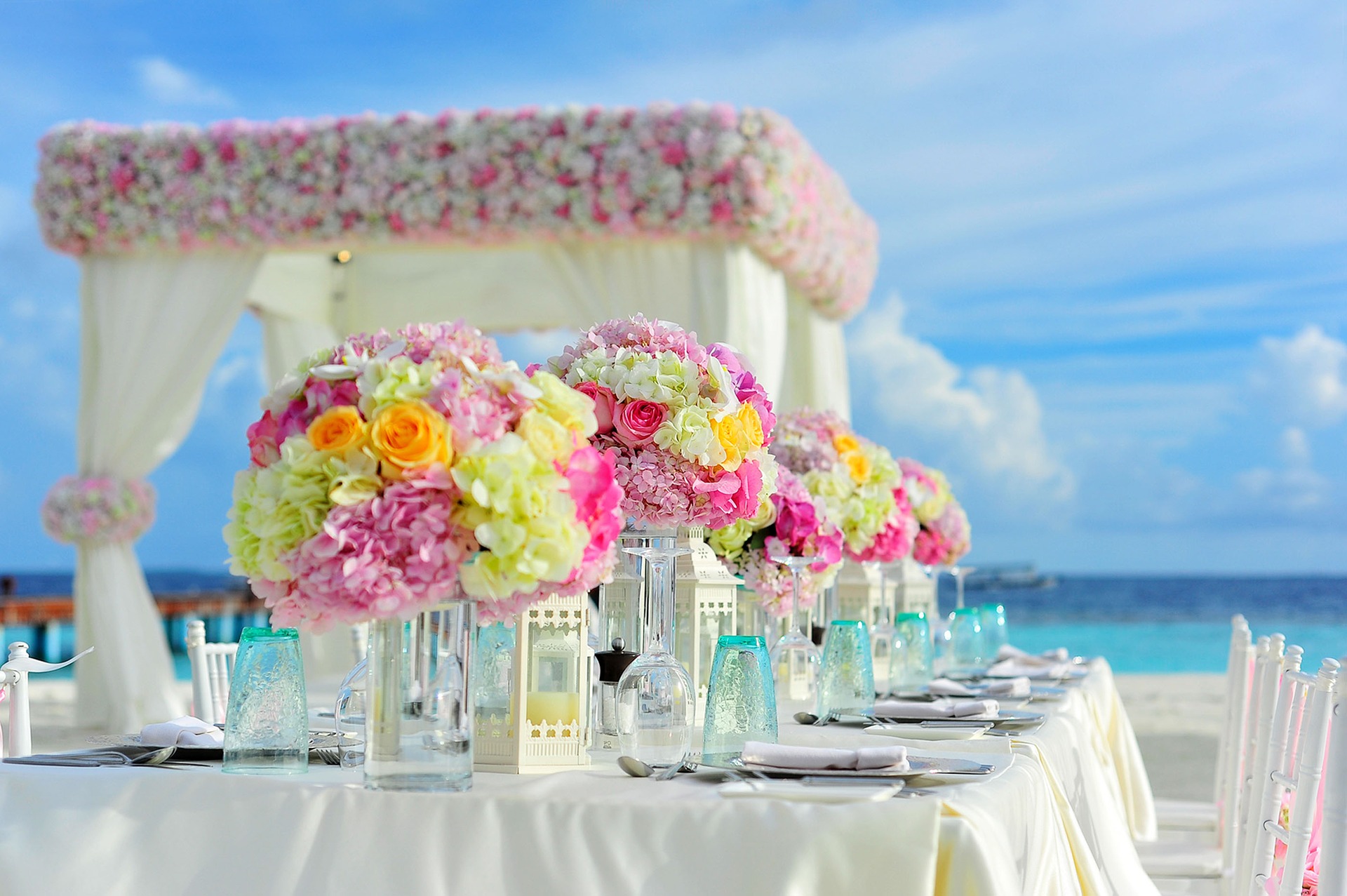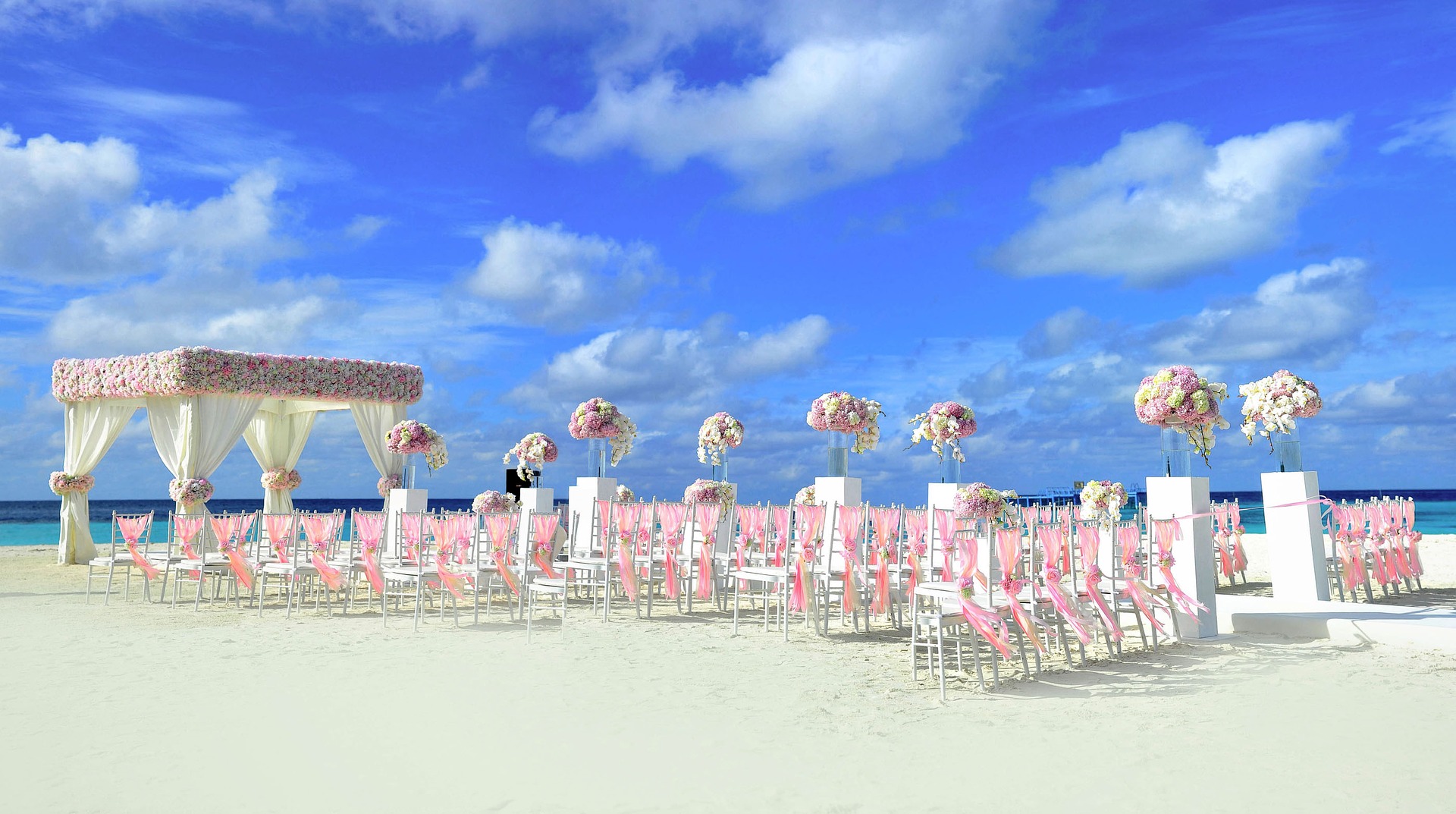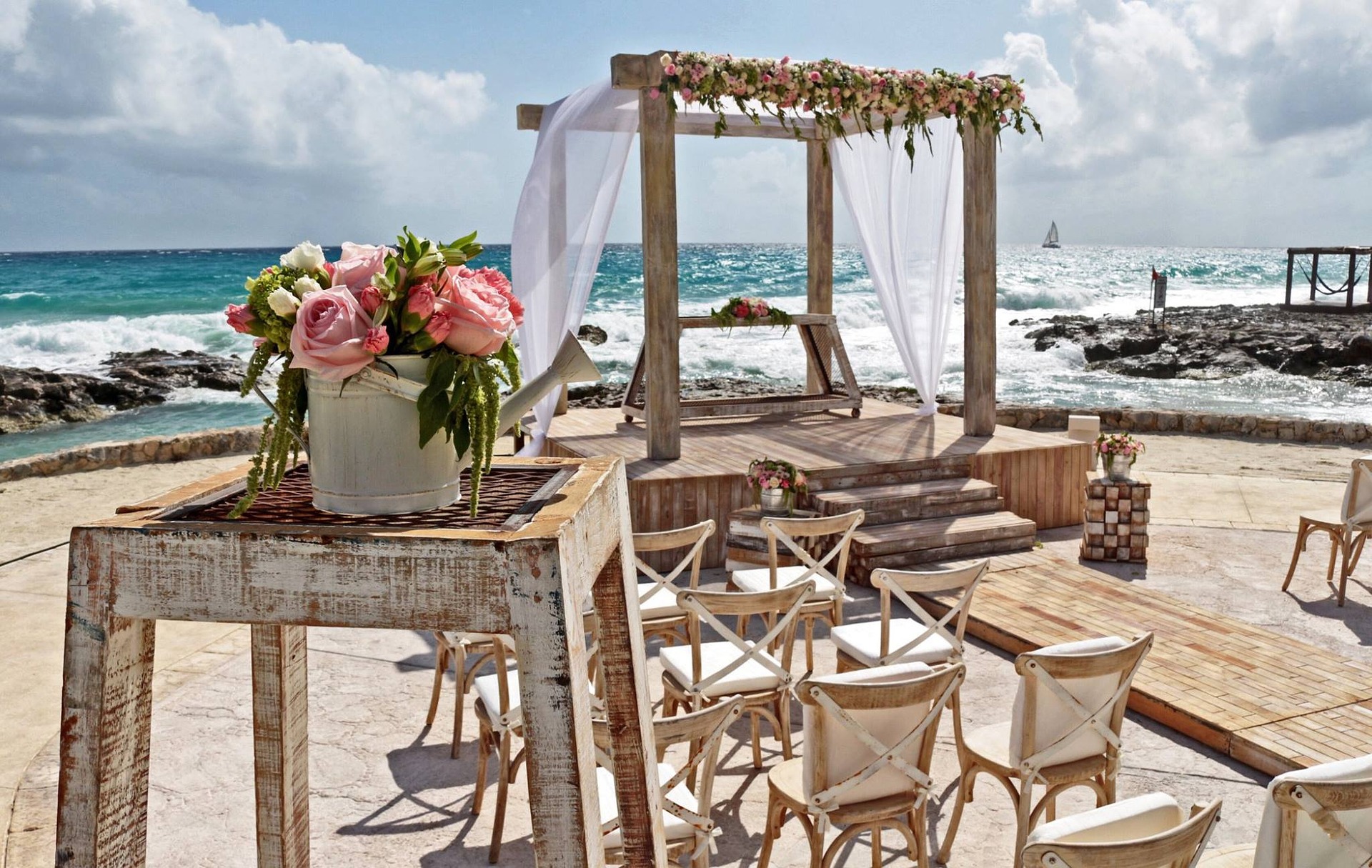Launched in July 2019 and the first to market in the UK, Luvana.co.uk is a free-to-use online portal dedicated exclusively to couples planning an overseas wedding in Europe. Set to revolutionise the ever-expanding destination wedding market, Luvana will be the first of its kind in the UK to showcase suppliers abroad in addition to those able to operate within the key European destinations.

Bringing together a carefully curated directory of more than 2,000 respected brands at launch, alongside an array of functional tools and useful checklists, Luvana is destined to become the essential planning resource for couples marrying abroad.

Luvana is the brainchild of Lisa Burton, founder of The Bridal Consultant, one of the UK’s original and most respected destination wedding planners. With over 15 years’ experience and more 1,400 weddings under her belt, Lisa’s mission with Luvana is to offer couples marrying overseas the same standards of choice, style, and personalisation as a home-based wedding. We talk to her about planning a dream destination wedding.
Beware of the Budget
This is the big one! There are many reasons why couples choose to get married abroad; the location is special to them, great weather, an excuse for a family holiday, but one of the big ones is the budget. Generally, a wedding abroad is a lot more cost-effective than a wedding at home, typically because destination weddings are generally smaller.
Be mindful though that not every country will be a budget destination; some of the more expensive places to holiday such as France and Italy are equally expensive locations to
get married in.

To keep within your budget, try to keep the guest numbers as small as possible and go local wherever you can with suppliers. Imports always cost more, be that imported flowers or imported drinks.
Only Invite Your Nearest and Dearest
Destination weddings are a great way to cut down on the guest list. The average acceptance rate is lower than a stay at home wedding, so typically the people who are willing to travel to your wedding will be your closest relatives and friends.

A wedding abroad is a big commitment, besides the cost implications they may not be able to get time off of work. If this is a concern, introduce the idea casually to your dearest family and friends to gauge their reaction before you commit to a wedding abroad.
There’s Such A Thing As Too Much Sun
Another big motivation for marrying overseas is the great weather. Remember though that it can be very hot and we often don’t realise how uncomfortable it can be stood in the midday sun dressed in a suit or wedding dress.

For that reason, weddings abroad generally start later in the afternoon when the sun starts to go down and temperatures are still lovely and warm but not too oppressive.
Choose Your Venue Wisely
It’s particularly important that your chosen destination suits the types of guests who will be invited. While your wedding is about your desires first and foremost, inviting families with children to an exclusive, expensive destination or a resort famous for all night clubbing will greatly affect your acceptance rate.

It’s likely your guests will see your wedding as an annual holiday so it needs to be an experience they’ll enjoy too!
Travel Arrangements
Who should fit the bill of the guest accommodation is a hot topic when it comes to destination weddings.
Unless you’re feeling very flush, there’s no need to offer to pay for your guests’ accommodation and flights, and guests are often more than happy to pay for their travel costs.

The only exception to the rule is if you are marrying at a villa and accommodation is onsite and a necessary condition of the wedding venue hire. In this instance, many couples often ask for a small contribution from guests staying at the villa or venue.
Flights are best left to guests to organise but it’s good etiquette to pay for transfers to and from the venue on the wedding day; this also ensures guests arrive on time and don’t get lost.
What To Wear
When shopping for the dream dress, there’s a number of factors to be considered for an overseas affair.

Not only is it important to consider the heat (nobody wants to be a hot, sweaty bride!), but the dress also needs to be easily transported. Will it fit into your regular luggage or be couriered over to your destination? There is likely to be some creasing so consider whether you’ll need a specialist shop to steam your dress.

Access to the venue itself is also a crucial consideration. Are you likely to encounter water or sand or a narrow, rickety bridge? If the answer is yes, your dress will need to be easily maneuverable and not too weighty. There may also be restrictions on the type of dress. For example, churches abroad can be very strict when it comes to dress code and may stipulate that your legs and shoulders are covered.

Don’t forget about your accessories too. Ensure your shoes are comfortable and remember that heels sink into sand or soft grass, or pack multiple pairs!
Sourcing Suppliers Abroad
Unless your budget extends to a pre-wedding visit you’re likely to do most of your research online with communication via email, phone or Skype. It’s important therefore to do your research and use your instinct when sourcing suppliers.

Scour suppliers’ social media accounts for verified reviews, recent examples of work and testimonials. Ask for a brochure and a copy of the contract to be sent before you pay a deposit and request receipts for any deposits paid. If you’re still unsure, then trust your instinct and look elsewhere.
Language Barriers
We’re very fortunate that the English language is used far and wide and is the language most suppliers will use to communicate with their couples.
Before you book a supplier be confident that the communication between you is good enough. If the supplier wants to work with you they need to understand your desires, your wants and be able to answer your questions and concerns confidently, otherwise, you’re opening yourself up to potential problems down the line.

Never sign a contract that is not in your own language or that you can’t understand. If the supplier doesn’t have a contract in English, it’s recommended to pay for an independent translation or look elsewhere rather than take any chances.
Legalities
First and foremost you’ll need to check you can legally marry in your destination; providing your wedding is legal in that country then it will be recognised in the UK. A quick search on Google will answer this for you and the government has a handy tool here https://www.gov.uk/marriage-abroad.
If a legal wedding is not possible, an alternative option is a blessing with a legal ceremony at home. Your guests needn’t know; a symbolic ceremony often looks exactly the same to the untrained eye.

Religious weddings are usually only legal if it falls under the state religion. In Italy and Spain Catholic weddings are legal, while in France religious weddings are not recognised by the state. In Greece, you can host a Greek Orthodox wedding if you would like a legal religious wedding, but any other type of religious wedding will require a civil wedding to make it legal. With most religious weddings you’ll need to be baptised in the church and be a practising member of the church, and your legal paperwork will typically be administered through the church.

If in doubt, speak to your church before you consider destinations as they may offer advice on possible destinations. Paperwork for civil weddings can take anything from two weeks to six months depending on the location, while religious weddings typically take six to eight months to complete all paperwork.
Food Glorious Food
One of the lovely things about travelling abroad is the opportunity to experience the amazing local cuisine on offer and it can be a delight for guests to sample some traditional delicacies on the wedding day. There are however some considerations when it comes to food, with some destinations being more flexible than others.

Mediterranean style cuisine is quite easy on the palate and will usually please the pickiest of guests. When your food requirements are more serious such as vegan, gluten free or kosher, then it’s important to speak to your guests and your reception venue about this before booking the wedding.
Not every destination will offer all types of cuisine, although it’s improved in recent years. There are certain locations such as Portugal that offer every style of catering you could wish for, whereas in Greece your vegan guests could end up eating a plate of salad or vegetables as the traditional diet is heavy in cheese and meat.

If you’re getting married on a smaller Greek island there is always the option of bringing
in specialist caterers from the mainland, thought this will impact the cost. Most venues are very happy to tailor menus to suit your tastes providing its in-keeping with their style of cuisine and ingredients – it’s always best to discuss this before you book.
Visit www.luvana.co.uk to find out more
